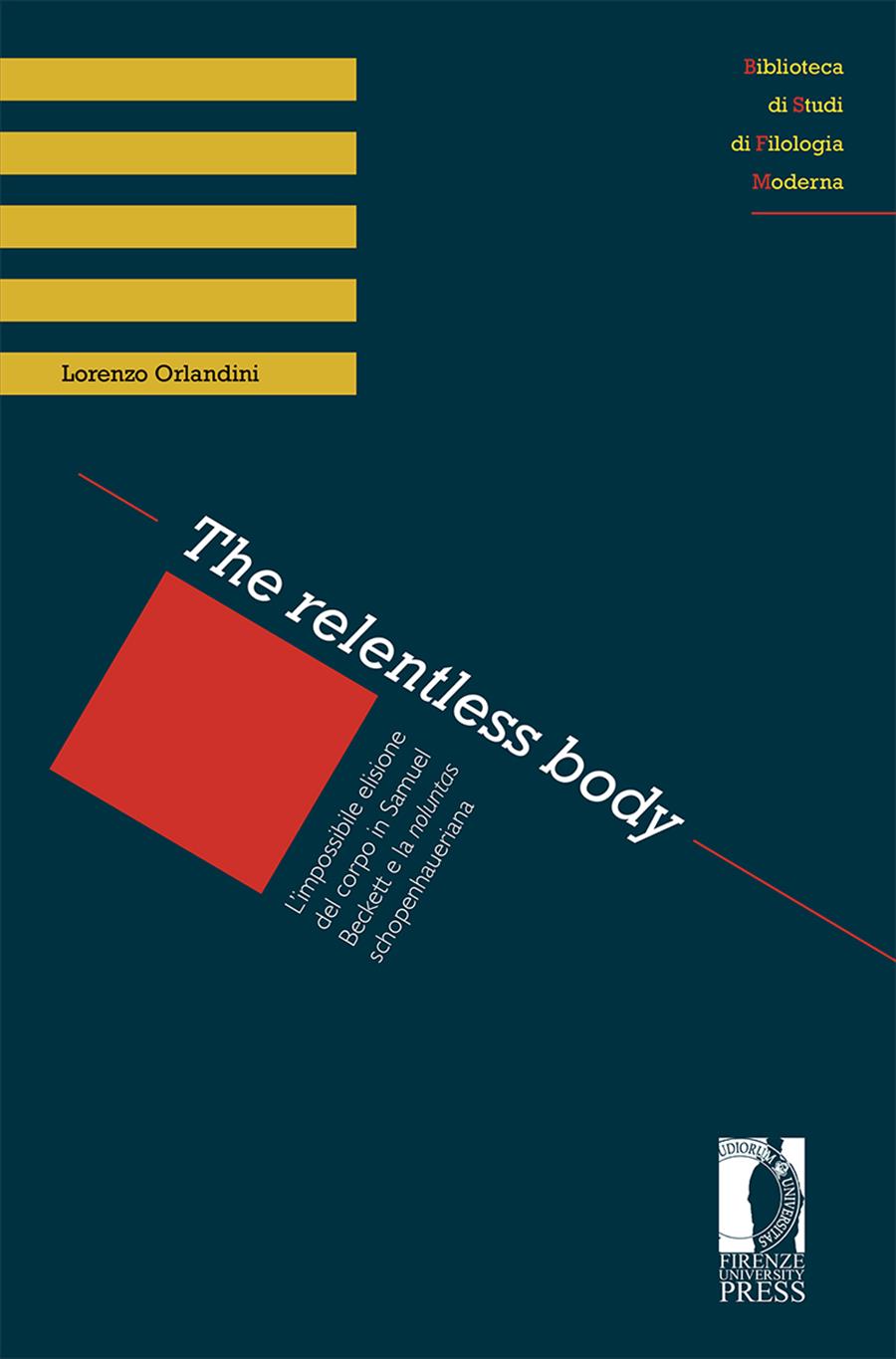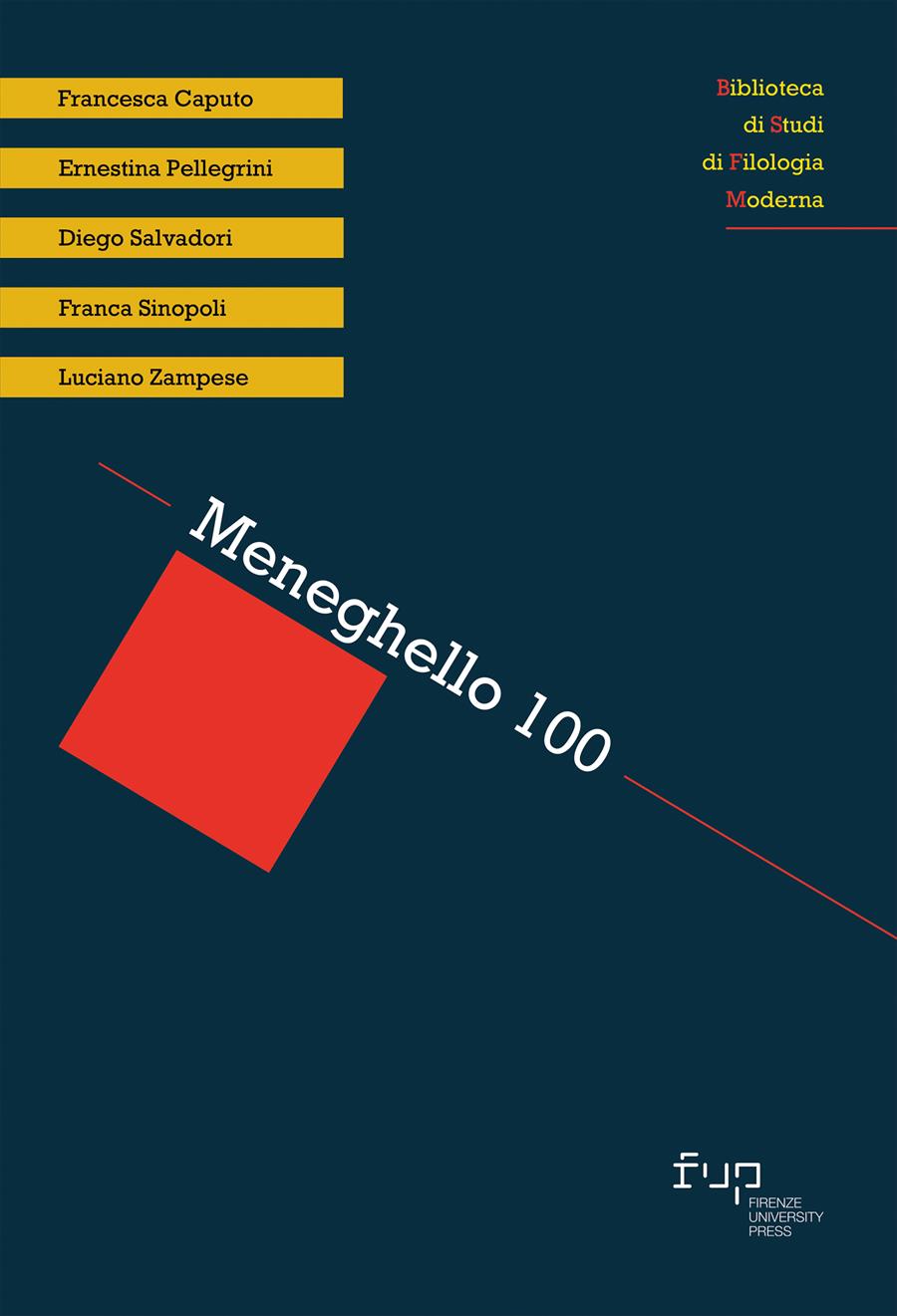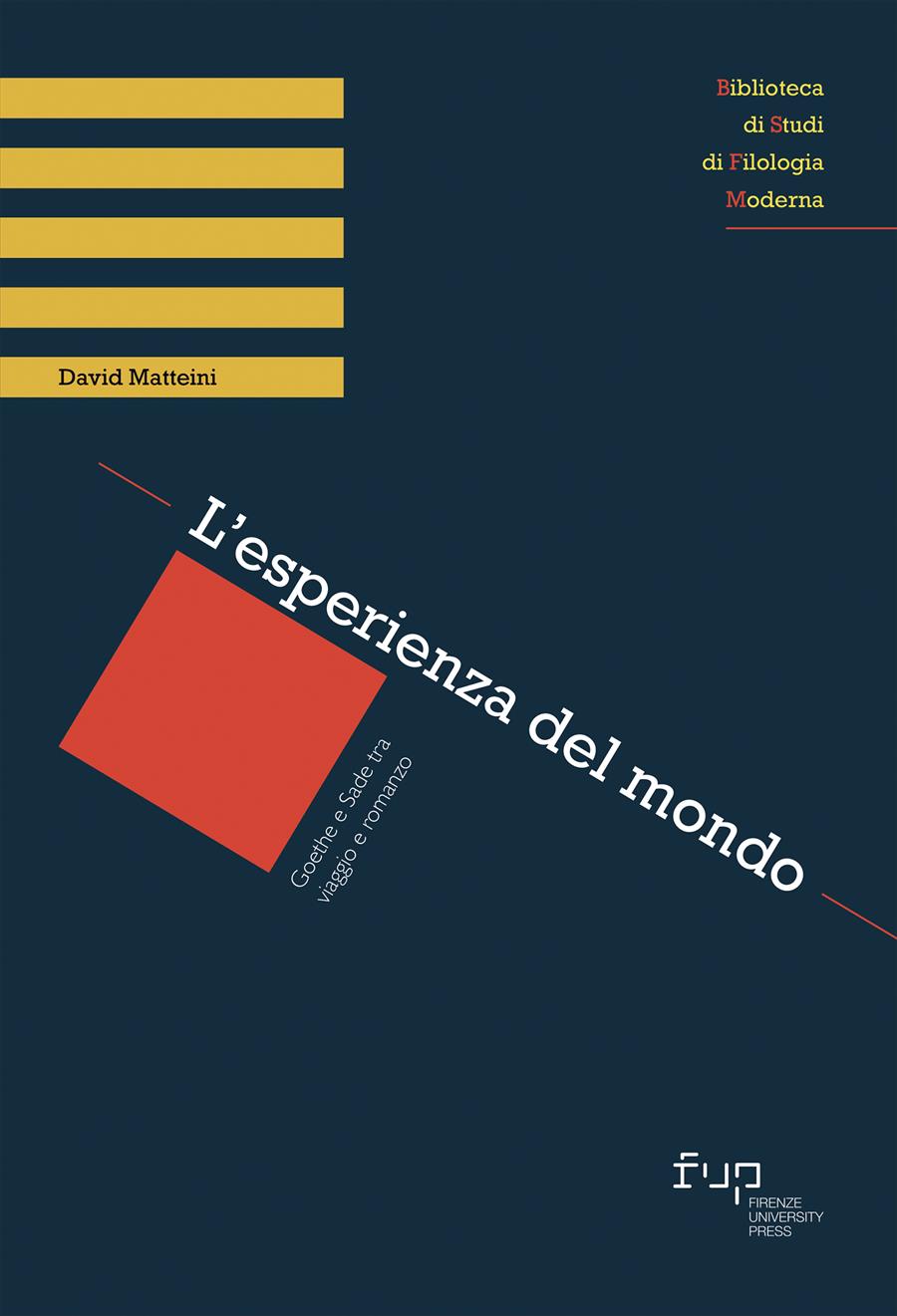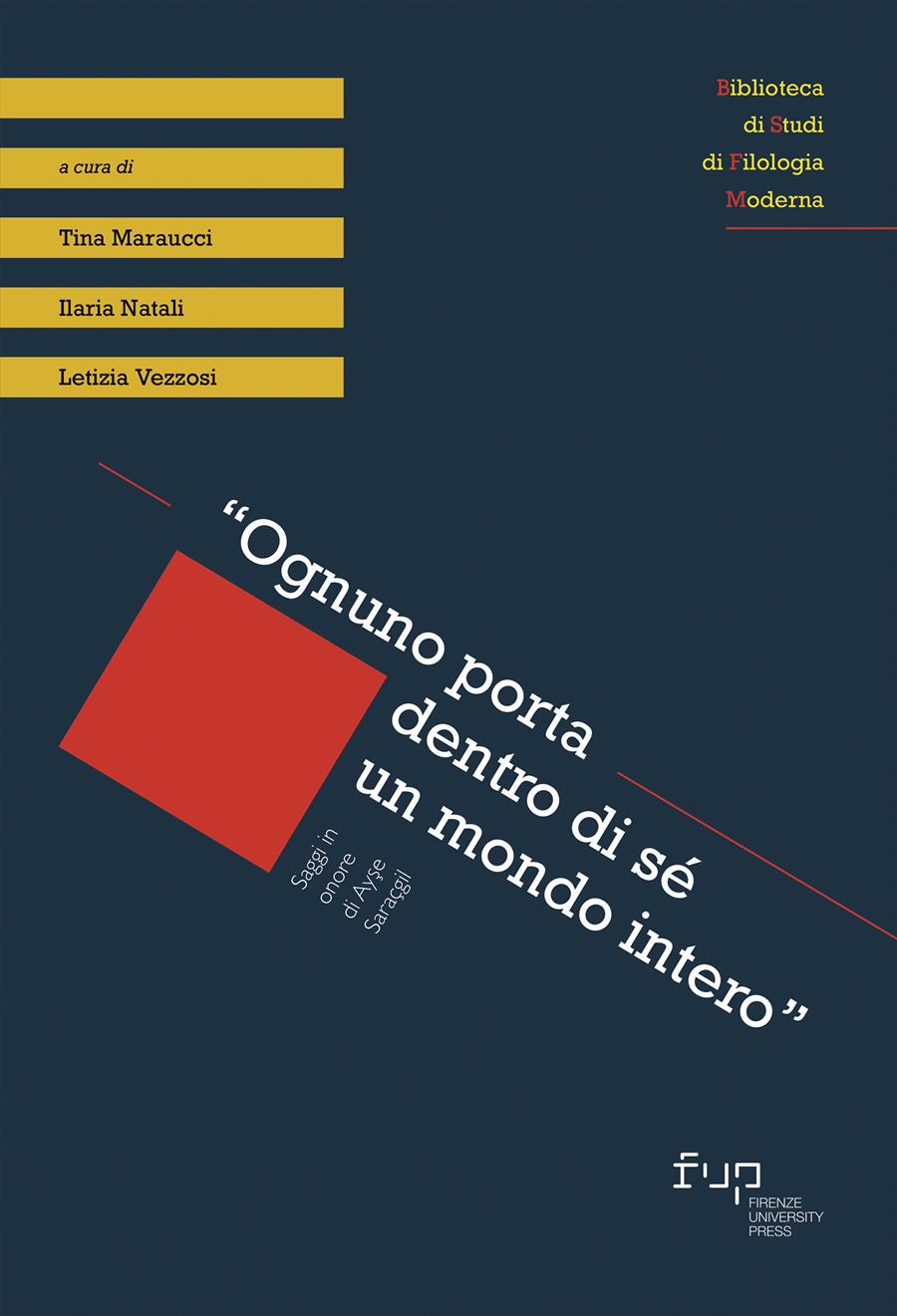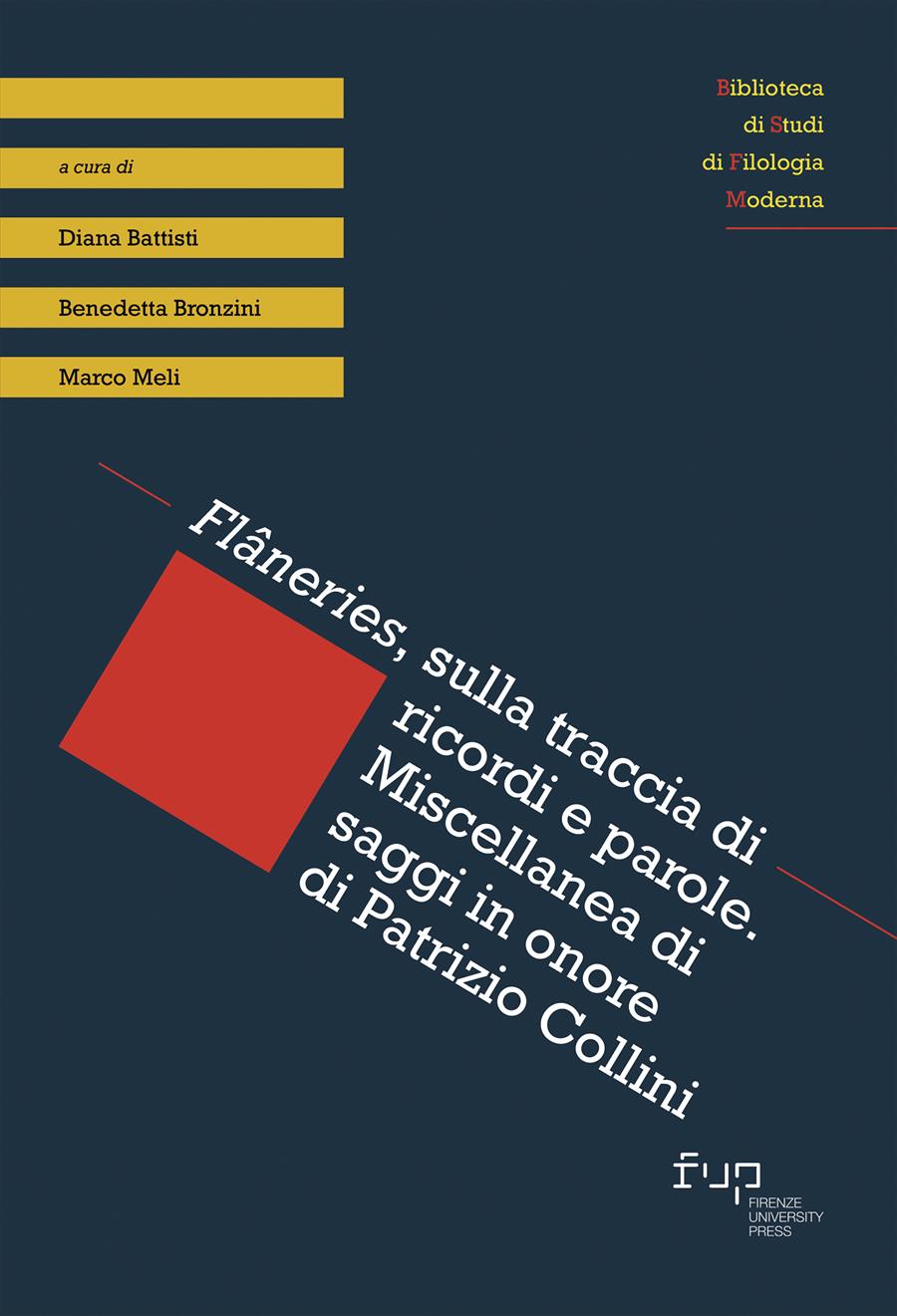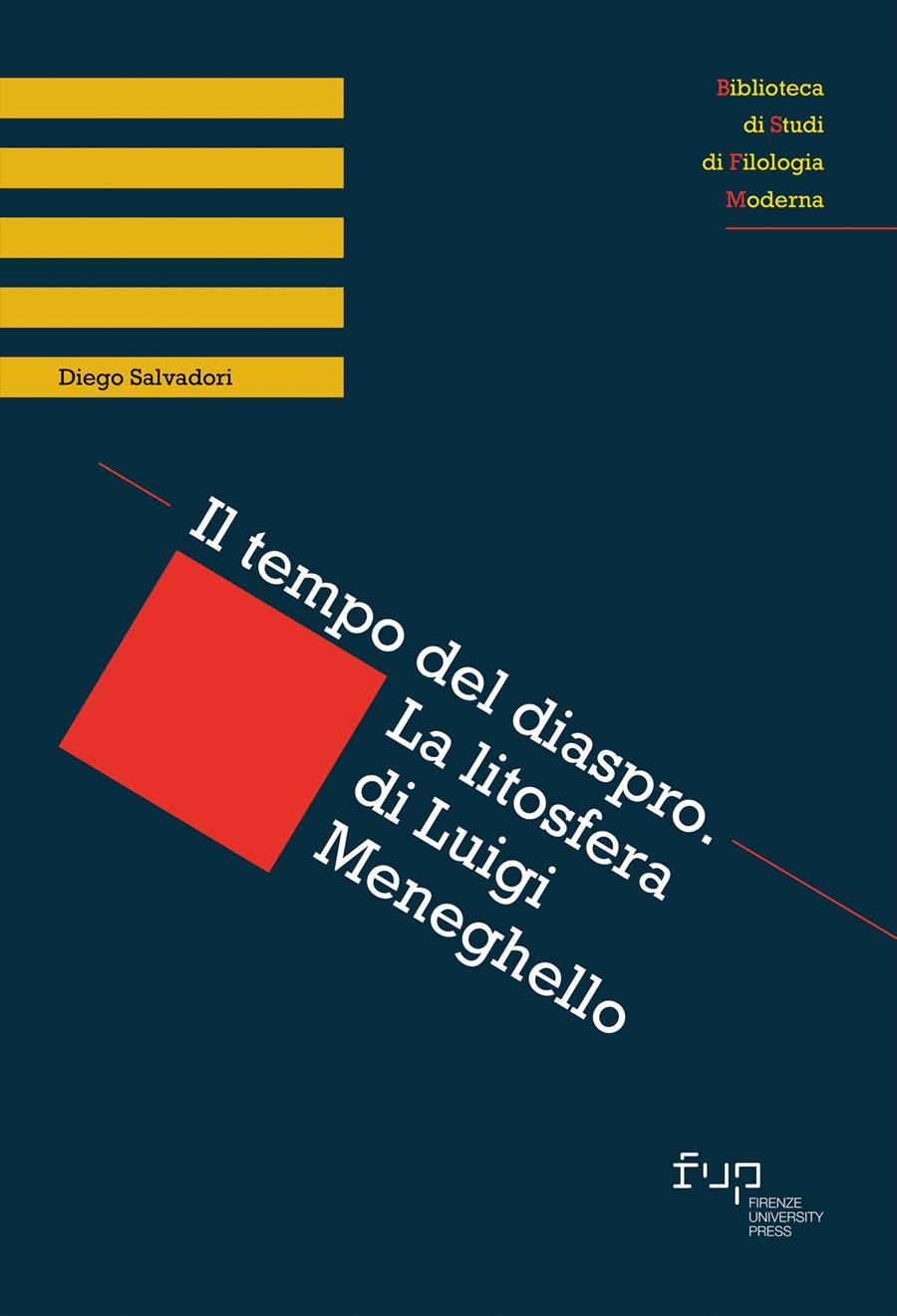The relentless body. L’impossibile elisione del corpo in Samuel Beckett e la noluntas schopenhaueriana
- Lorenzo Orlandini,
The overbearing affirmation of the body, with its instincts and impulses, and an effort aimed at suppressing that same push: this powerful dialectic deeply marks Beckett's works, and becomes a crucial reflection of the more general tension between a vain waiting for the end and the need to move forward. The close investigation of the texts suggests a special link with the thought of Arthur Schopenhauer, revealing in particular the contiguity between the concept of Noluntas and the search, by many of Beckett's characters, for “will-lessness”, a peculiar state of quiet and abstraction from reality. Starting from these observations, this study investigates the theme of the body within Beckett's poetics, especially in light of his relationship with the Schopenhauer's Will theory.
- DOI: 10.36253/978-88-6655-685-5
- Series: Biblioteca di Studi di Filologia Moderna
- Scientific Board
- Language: Italian
- Subjects: Anglo-American Literature
- Download PDF
-

- © 2014 Author(s)
- CC BY-NC-ND 3.0 IT
- Publication Year: 2014
- Pages: 208
- eISBN: 978-88-6655-685-5
- Content License: CC BY-NC-ND 3.0 IT
- © 2014 Author(s)
- Publication Year: 2014
- eISBN: 978-88-9273-411-1
- Content License: CC BY-NC-ND 3.0 IT
- © 2014 Author(s)
Bibliographic Information
Book Title
The relentless body. L’impossibile elisione del corpo in Samuel Beckett e la noluntas schopenhaueriana
Authors
Lorenzo Orlandini
Peer Reviewed
Publication Year
2014
Copyright Information
© 2014 Author(s)
Content License
Metadata License
Publisher Name
Firenze University Press
DOI
10.36253/978-88-6655-685-5
eISBN (pdf)
978-88-6655-685-5
eISBN (xml)
978-88-9273-411-1
Series Title
Biblioteca di Studi di Filologia Moderna
Series E-ISSN
2420-8361
